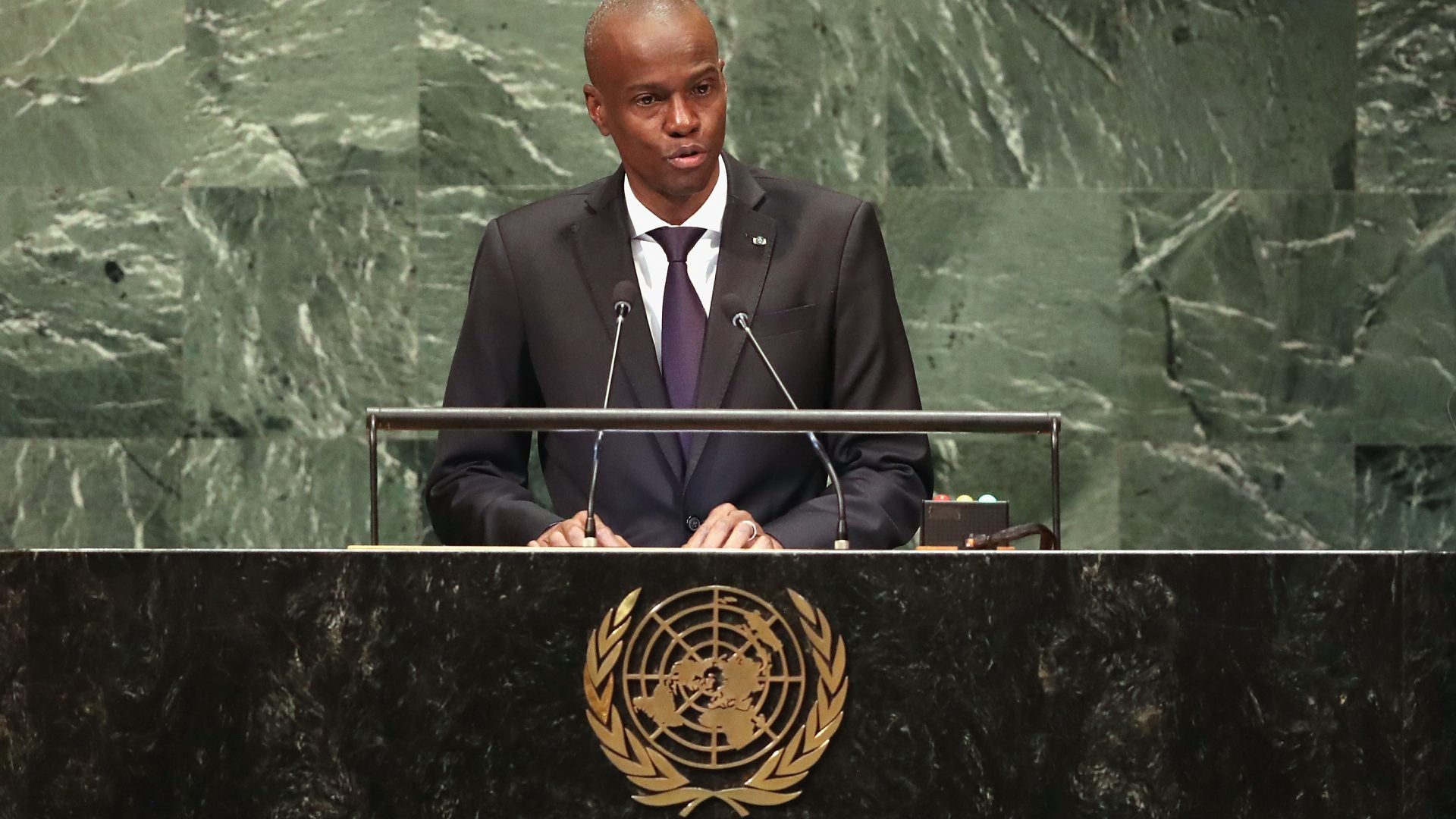
Haiti’s president, Jovenel Moïse, was shot and killed early Wednesday morning, the New York Times reports. Mr. Moise’s wife, Martine Moise, was also shot in the attack, the her condition is unknown.
A group of unknown people “attacked the private residence of the president of the republic and thus fatally wounded the head of state,” Haiti’s Prime Minister Claude Joseph said. Mr. Joseph told the Times in a telephone interview that he is running the country at the moment.
There have been protests this year demanding Moise’s removal based on a dispute over his term limit. He said his term ended in 2022, a belief supported by the United States, the the United Nations, and Organization of American states. Protestors, however, said his term ended on February 7, based on a constitutional provision that the clock starts once a president is elected and not when he takes office, CNN reported in February.
This destabilizing event is one of many facing Haiti’s people in recent history. An estimated 200,000 people died after a devastating earthquake in 2010. Nearly 90% of recovery funding through the Interim Haiti Recovery Commission (IHRC) went to non-Haitian organizations when Bill Clinton was IHRC’s co-chair, garnering criticism for the former U.S. president.
There were also reports about conflicts of interest with the Clinton Foundation and their involvement with Haiti’s anticipated recovery, including a planned project to create 100,000 jobs from a garment factory. The factory only created 8,000 jobs, BBC reported.
Over a decade after the hurricane, some say the country has not rebuilt, and may be even worse off, with “poverty and hunger on the rise,” the NY Times noted.
Dinder Le Bret, a former French ambassador to Haiti, said the country had become so volatile that “many people had an interest in getting rid of [President] Moïse.”





